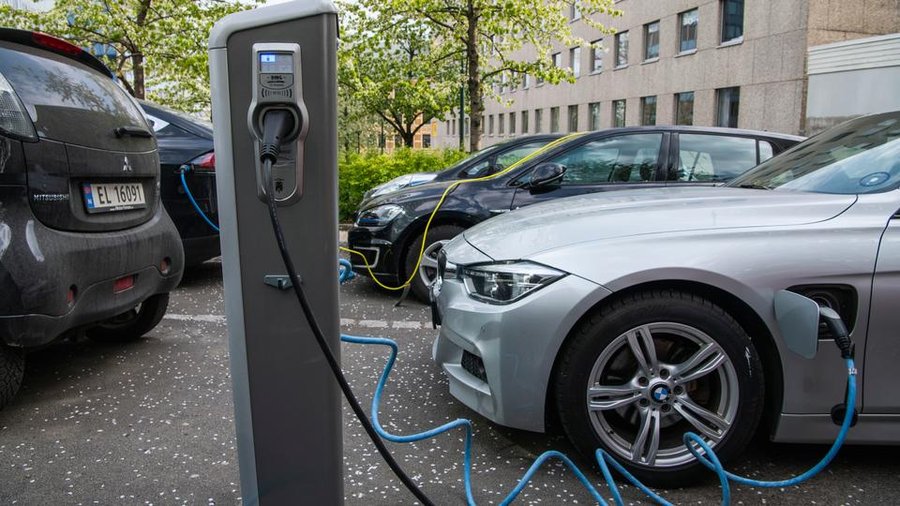EV prices rose 28% in Europe yet halved in China in past decade

Since 2011, the average price of a new electric car in China has fallen from €41,800 to €22,100 – a drop of 47%. In Europe, however, the average has increased from €33,292 in 2012 to €42,568 this year – a rise of 28%.
Average prices have climbed even more in the US, growing by 38% in the past decade.
EVs are 52% more expensive than ICE cars in the UK, while in the Netherlands that figure stands at 54%. Norway is the only European country to buck the trend, where the average EV costs €8500 less than the average petrol or diesel car.
According to Jato Dynamics, China’s progress over the last decade is the result of a consolidated effort to establish itself as a leader in the EV industry following heavy government investment in 2009.
As a result, it has already started phasing out consumer incentives, whereas manufacturers in Europe are still heavily reliant on government schemes to make EVs widely affordable.
China has also focused on the affordable end of the market, with 40% of its EV sales coming from the city car segment, where the average price stands at €6700. The cheapest EV can be bought for as little as €3700, in stark contrast to the minimum of €15,470 needed to buy an electric car in Europe. In the US, the cheapest EV costs €24,800.
“Governments and manufacturers have made significant progress over the last decade in expanding the EV market. However, the industry remains under pressure as it continues to adapt to the requirements of sustainability targets and shifting market forces,” said Jato Dynamics CEO David Krajicek.
“The incentivisation of EVs has supported western manufacturers seeking to expand their offering as consumer demand has evolved. However, the industry’s key players must start to address the price gap between EVs and ICE cars if they're to remain competitive with their peers in China.”
The report says it isn’t clear how European and American car makers will adapt when EV incentives begin to decline, but it cites Tesla and Volkswagen as examples of how to lower production costs and improve profitability.
Tesla has increased global production by a "record" 109% at just two factories this year, while Volkswagen’s ID-badged range of EVs is being rolled out on its scalable MEB platform that can accommodate any type of car.
“China has been hugely successful in the race of EV leadership, growing and evolving their model ranges at incredible pace, which is a positive result of a number of factors working in tandem,” said Ye Qi, a member of the Volkswagen Sustainability Advisory Council.
Related News
